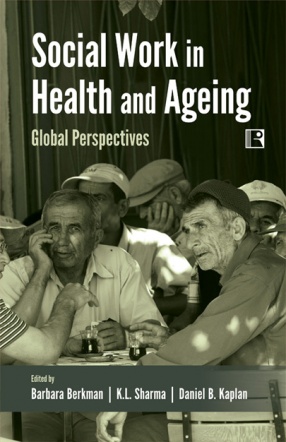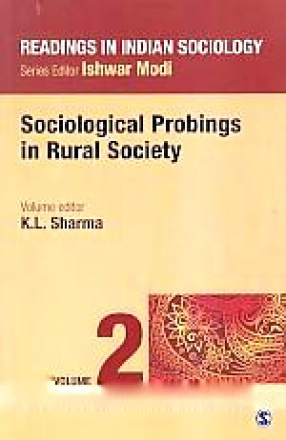The present book provides an interdisciplinary understanding of a given social formation in terms of interconnections between caste, feudalism and peasantry on the one hand, and contemporary social transformation on the other. The study explains how feudalism functioned as an over-riding politico-administrative, social and economic formation undermining even the institution of caste. The feudal mode of social relations as a dominant force guided everyday life of the people of Shekhawati region in Rajasthan. Such a view is substantiated by innumerable accounts, events, incidences and locally written documents and books. One could trace some continuity of the past social formation in eastern Uttar Pradesh, Bihar and Bengal in the form of ‘semi-feudalism’ as characterised by some scholars, but such a situation is not traceable in the present day Rajasthan which was a prominent stronghold of feudalism prior to independence. Today a remarkable discontinuity in distributive processes and social relations, simultaneous occurence of the processes of upward and downward social mobility and a self-perpetuating process of social transformation could be witnessed in the Shekhawati region. However, despite such a desireable path of social transformation leading towards social equality, some unevenness is transparent in the present situation mainly due to the persistance of some social and economic inequalities. Land reforms and other measures have remained ineffective in neutralising the continuity of these forms of inequality in modern Rajasthan.

Caste, Feudalism and Peasantry: The Social Formation of Shekhawati
In stock
Free & Quick Delivery Worldwide
reviews
Bibliographic information
Title
Caste, Feudalism and Peasantry: The Social Formation of Shekhawati
Author
Edition
1st ed.
Publisher
Length
242p., Tables; 23cm.
Subjects





There are no reviews yet.